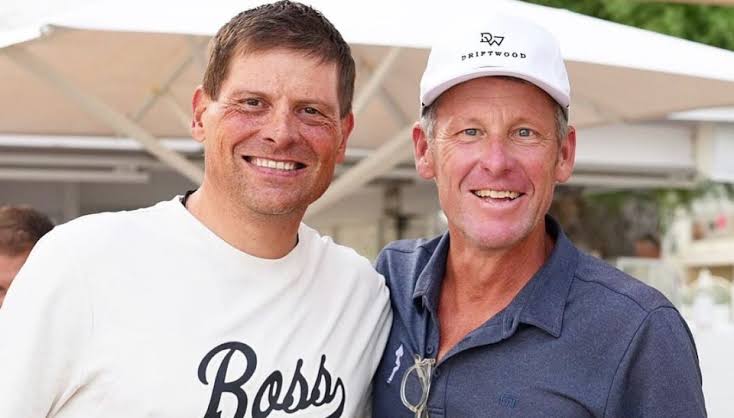In recent revelations, Jan Ullrich, the 1997 Tour de France winner, has shed new light on the pervasive doping culture that defined the cycling world during the Armstrong era. Speaking to German public television WDR, Ullrich has openly discussed his own involvement in doping, shedding light on a dark chapter in the sport’s history.
Ullrich’s decision to confess his doping use has been a long time coming. The former cyclist admitted that he strategically waited until his friend and rival Lance Armstrong publicly acknowledged his own guilt before making his confession.
Ullrich’s delay was driven by a complex mixture of personal and professional considerations. “I’m glad I gave in; now I can continue my work more easily,” Ullrich remarked, reflecting on the relief and freedom that came with his decision.
His revelations are prominently featured in his documentary, *Der Gejagte*, where Ullrich delves deeply into his doping history. The film chronicles his rise to prominence
“There was so much speculation about it. I had to change something in my life, so I decided to talk about it,” he explained. For Ullrich, coming clean was not merely an act of transparency but a therapeutic exercise that lightened his emotional load.
Ullrich’s confession also highlights a systemic issue within the sport. He notes that the culture of doping was not just an individual choice but a widespread practice supported by various stakeholders, including sponsors. “People now understand that doping was something systemic. The sponsors knew everything. I wouldn’t call it silence, but they paid me well. It was a mutual agreement not to talk about it,” Ullrich states.
This candid admission has not only helped Ullrich find personal closure but also brings renewed focus on the broader implications of doping in professional cycling. As he reflects on his past actions, Ullrich has expressed a desire to move forward and use his experience to foster greater transparency and integrity in the sport.
Ullrich’s story serves as a poignant reminder of the complex interplay between personal ambition and systemic corruption. As the cycling world continues to grapple with the legacy of the Armstrong era, Ullrich’s confession marks a significant step towards understanding and addressing the deep-rooted issues that have long plagued the sport.
Leave a Reply